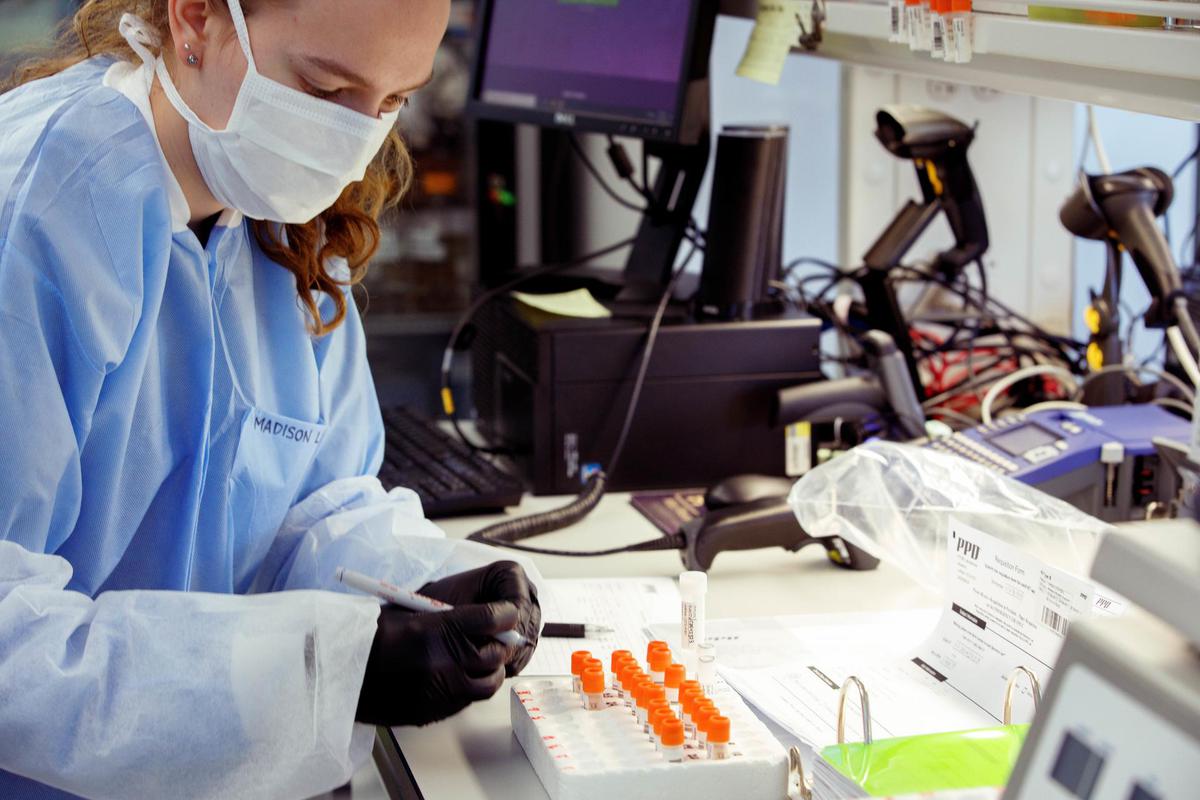As COVID-19 vaccines become available through the District of Columbia, Maryland, Virginia and other states, George Washington University students, faculty and staff are encouraged to get vaccinated as soon as they are eligible.
“COVID-19 vaccines help protect you individually, but they also can keep communities healthy,” said Lynn R. Goldman, dean of Milken Institute School of Public Health. “The more people who get vaccinated, the easier it will be to curb or stop the pandemic.”
GW has not been allocated vaccines for the university community, and the vaccines available at GW Hospital and the Medical Faculty Associates are being administered per DC Health guidelines only. Individuals interested in the vaccine are encouraged to immediately accept the vaccine as soon as it is offered to you or becomes available to you through the local jurisdictions. You should not wait for a university-wide initiative to provide you with the vaccine. Members of the university community should consult their physicians as they make decisions about the vaccination.
GW is not requiring members of the Spring 2021 Cohort community to get the COVID-19 vaccinations at this time as a condition of being on campus. Those who get vaccinated, however, should retain documentation of their vaccination, which typically is a card issued by the vaccine provider. The university may provide further guidance in the future to students, faculty and staff on how they might store their documentation in a university portal.
Residents of Washington, D.C., Maryland and Virginia should monitor local vaccine availability and sign up to receive additional information as it becomes available.
All members of the university community are required to continue to implement COVID-19 safety measures, including the wearing of masks, social distancing and washing hands frequently. These measures will continue to be important even as greater numbers of our community receive the COVID-19 vaccine.
“Although COVID-19 vaccines are highly effective at preventing illness, scientists still do not know if vaccinated people can unknowingly spread the virus,” Dr. Goldman said. “The vaccine may prevent serious disease yet still allow asymptomatic individuals to pass the virus on to others."
More information about COVID-19 vaccine requirements and availability can be found on GW’s Coronavirus website.
In the fall, the university required the on campus Foggy Bottom population—student, faculty, staff and affiliate workers—to obtain the flu vaccine. The community responded and almost the entire on-campus GW population was vaccinated. Only a very limited number of individuals fell within the exception categories or elected to accept the consequence of losing their on-campus status and access in the Spring.
“Just as getting the flu vaccine is important, getting the COVID vaccine when it is available provides people with protection,” Dr. Goldman said. “We know that we can count on the GW community when it comes to getting the vaccines they need to keep the campus and the larger D.C. metro area healthy from both the flu and COVID-19.”
Individuals who joined the on-campus community as part of GW’s spring cohort are also required to obtain a flu vaccine and provide documentation. This population includes 1,000 additional undergraduate students living on campus this semester. GW is urging all new members of the on-campus community to address this requirement in order to continue to have campus access this spring.




